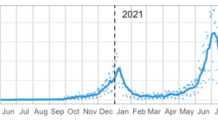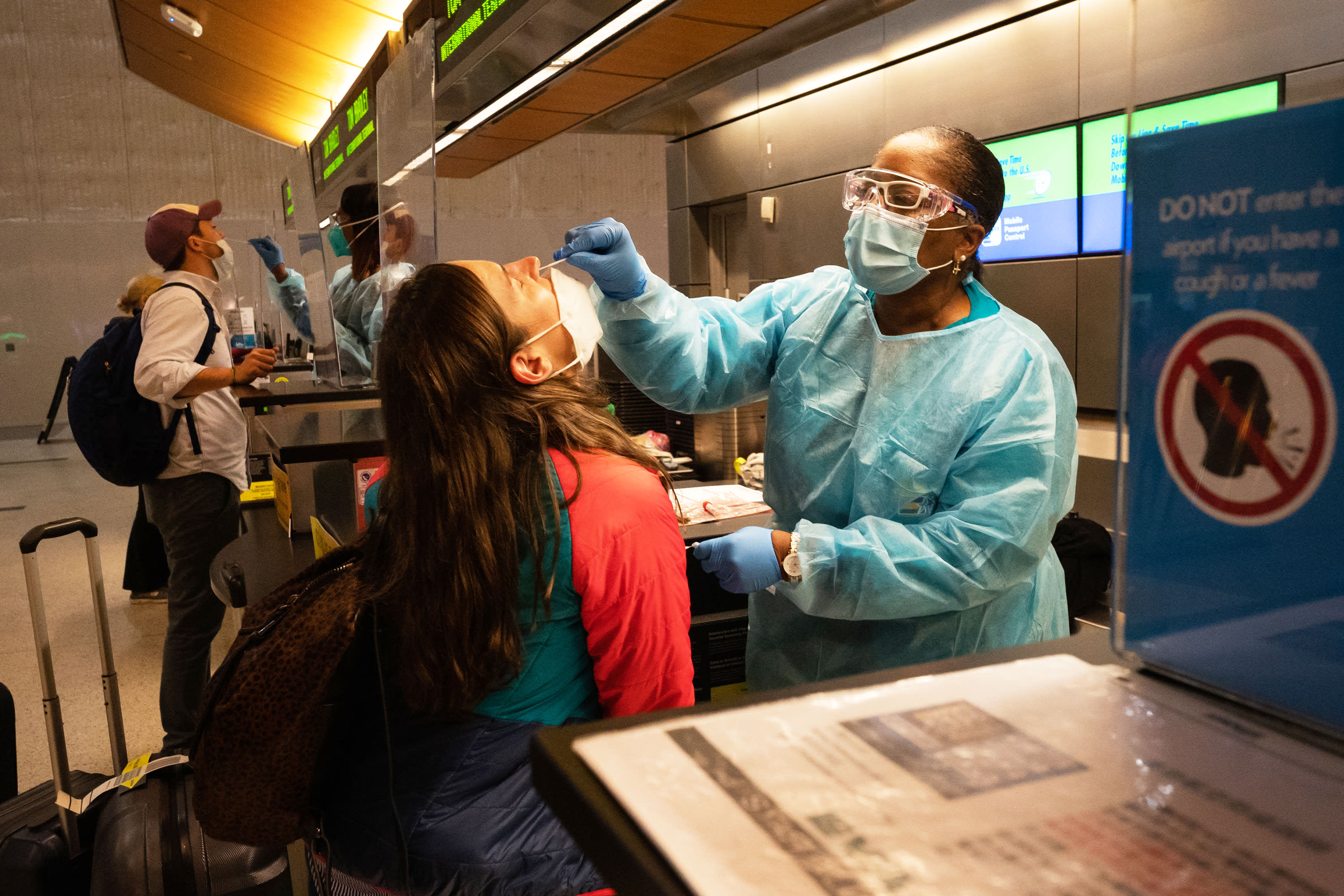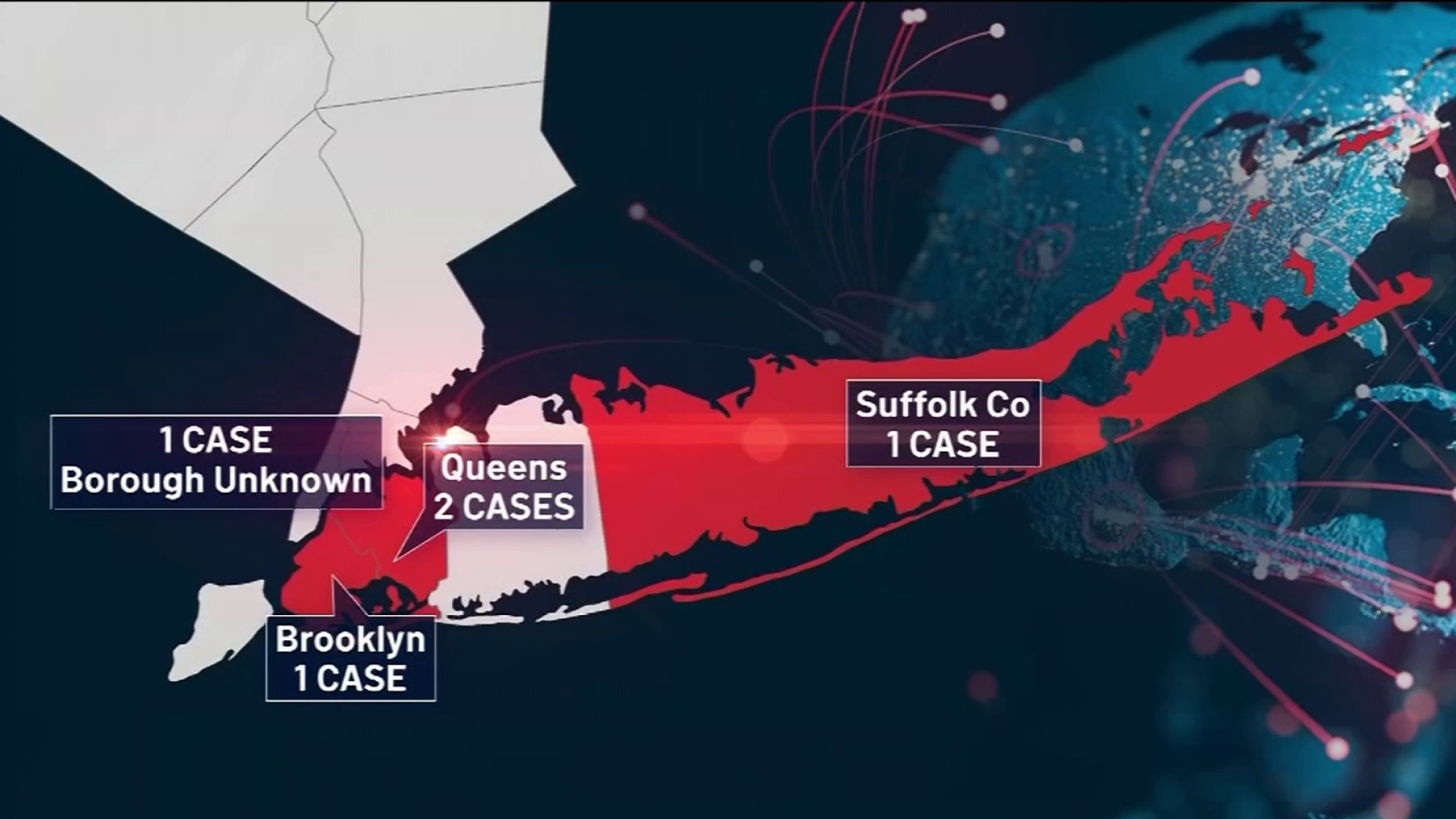The omicron variant of COVID-19 appears to have a "substantial ability" to evade natural immunity acquired from past COVID-19 infections, a team of South African researchers said in a new study.
The study -- a "pre-print" that has not been peer-reviewed or published in a journal yet -- looked only at natural immunity and said acquired immunity from vaccination was still an open question.
"Population-level evidence suggests that the Omicron variant is associated with substantial ability to evade immunity from prior infection," the research team wrote -- adding that they did not find similar evidence for past variants like beta or delta.
"Urgent questions remain regarding whether Omicron is also able to evade vaccine-induced immunity and the potential implications of reduced immunity to infection on protection against severe disease and death," they added.
Get Tri-state area news delivered to your inbox. Sign up for NBC New York's News Headlines newsletter.
The team of authors, from some of South Africa's premier research and epidemiological institutions, looked at 2.8 million people who had a COVID-19 infection. Just under 36,000 people were found to be reinfected (based on the assumption that positive tests more than 90 days apart indicated a new infection).
"We find no evidence of increased reinfection risk associated with circulation of
Beta or Delta variants compared to the ancestral strain in routine epidemiological data from South Africa," they wrote. "In contrast, we find clear, population-level evidence to suggest substantial immune evasion by the Omicron variant."

What do we know about the omicron variant?
The variant known scientifically as B.1.1.529 was little known to the public until Nov. 24, when South African officials reported it to the WHO. It took the organization just two days to elevate its profile and status substantially.
"This variant has a large number of mutations, some of which are concerning. Preliminary evidence suggests an increased risk of reinfection with this variant, as compared to other" variants of concern, the organization said in a statement Friday.
"(This) variant has been detected at faster rates than previous surges in infection, suggesting that this variant may have a growth advantage."
Scientists say it is too soon to tell if omicron is more or less virulent than delta or other variants.
While omicron variant fears mount worldwide, no one knows for sure yet if it's linked to more severe illness or death.
Vaccine maker Moderna's CEO said Monday that omicron does seem more infectious, but that it will be up to 6 weeks to figure out with any certainty whether it's worse or not.



